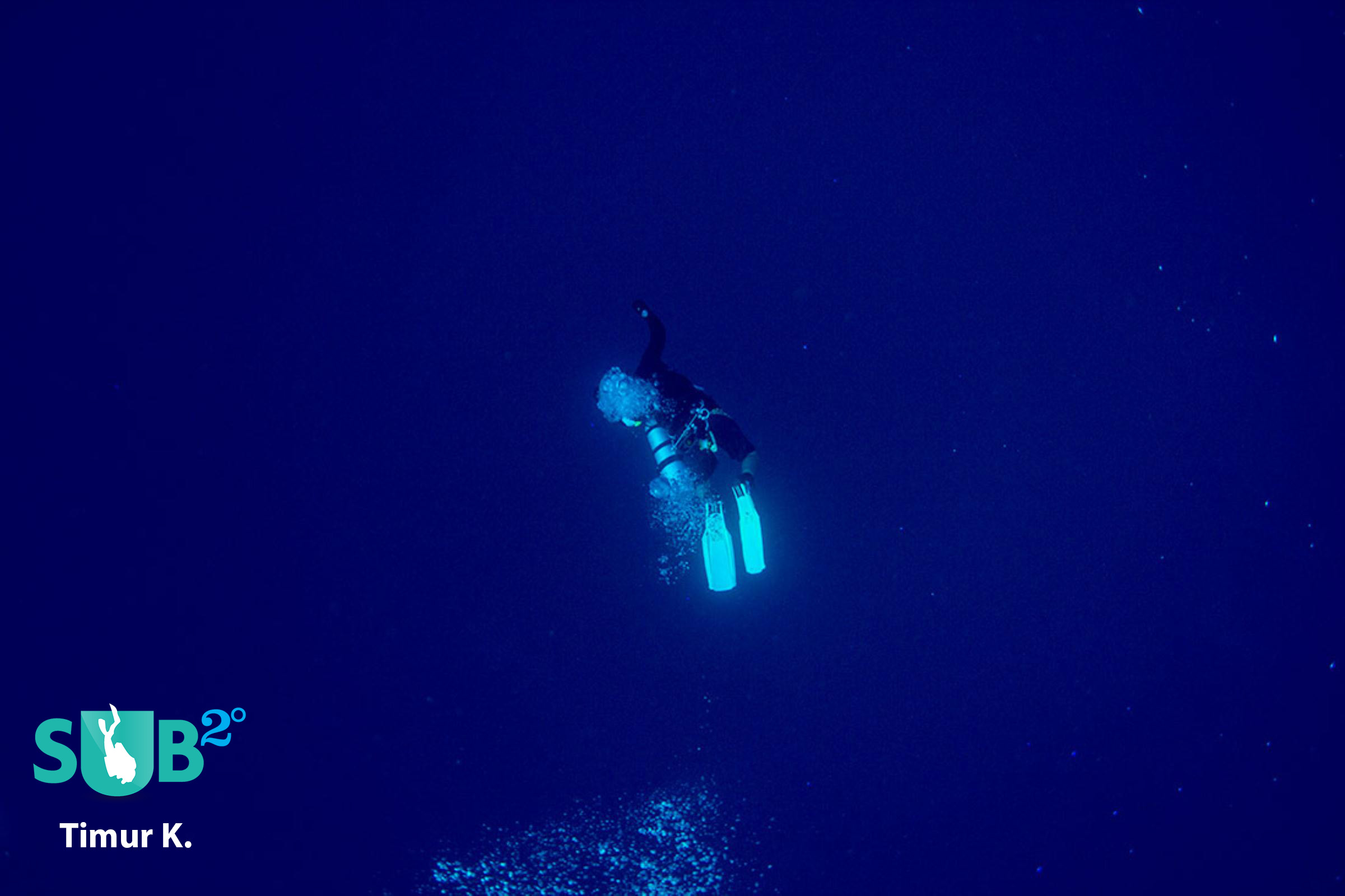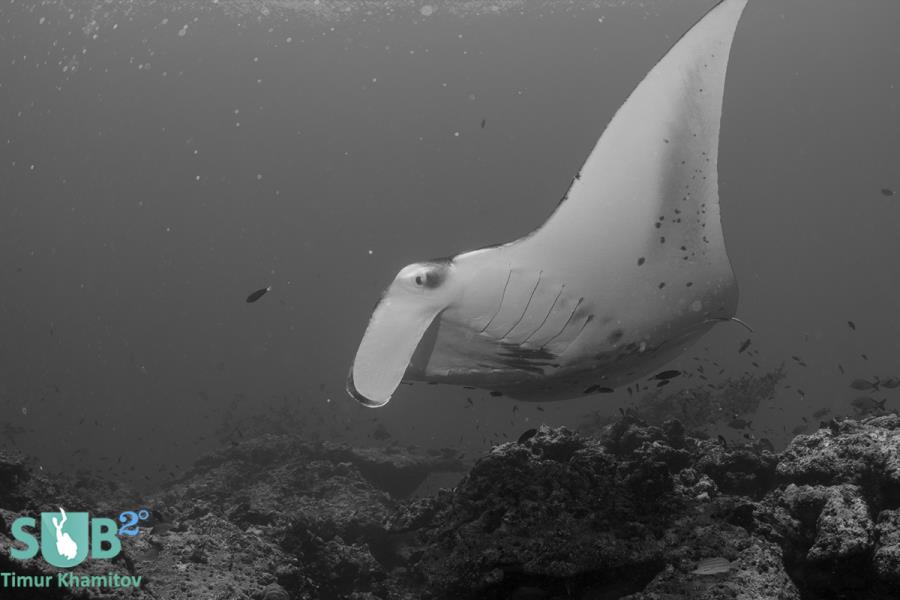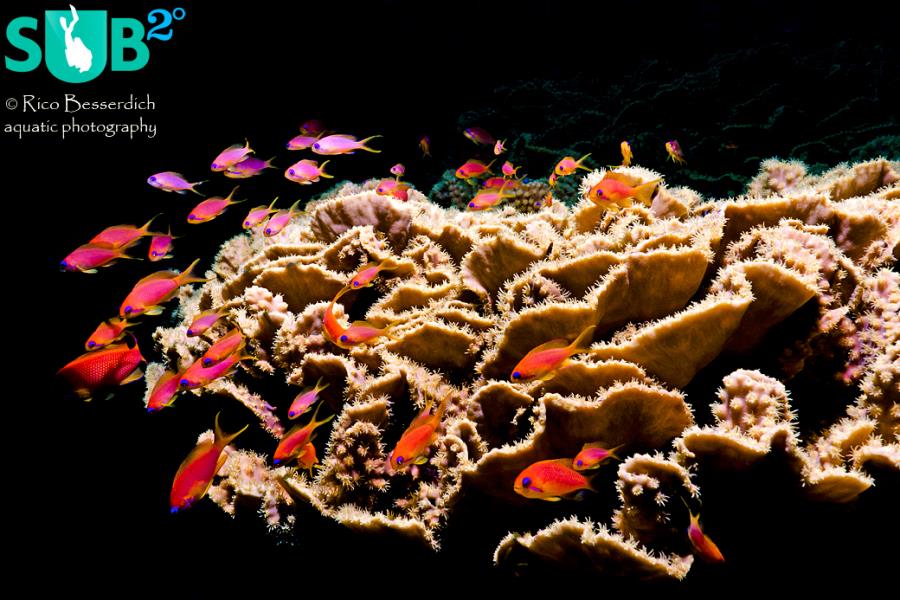
Published
May 15,
2013
The Biggest Dangers Divers Face: Part 1
Progressively, divers often become complacent with how carefully they follow certain procedures and the respect they give to entering a foreign habitat. This article is intended to be meaningful to divers of all levels.
Losing your Buddy
The buddy system is perhaps the biggest safety precaution that exists in the Scuba realm. Your buddy can provide you with air in case you run out or have a problem with your gear; provide you with assistance if you get caught in fishermen nets; or if you hurt yourself or get attacked by a marine animal.
There is a reason why every dive association has protocols in place, by which you search for your buddy for no longer than 1 minute before you start ascent.
This cannot be neglected, regardless of how experienced a diver you are.
Big Gaps in Diving
Most of us don't take the 6 month refresher course rule seriously, however there is good reason behind this protocol.
After not diving for 7-8 months or more, a lot of minor details about gear preparation or the procedure of diving itself can be forgotten (speaking from experience). Diving in an unfamiliar place or environment can compound this.
Most dive shops and liveaboards have check dives before the start of any prolonged expedition. However, this will not always be applicable, especially on one-day trips.
Diving with an experienced buddy, who has been diving regularly, as well as taking at least one easy or familiar dive to get back into the groove, can minimize this danger.
Poor Maintenance of Dive Gear
Maintaining gear correctly is something that is extremely easy to discard as unnecessary or a tedious waste of time. The most vulnerable components are known to be the O-ring on the tank, and the 1st and even 2nd stage of the regulator.
Besides the obvious danger of having problems underwater due to equipment maintenance, it can lead to simple discomfort. For example, if your regulator is leaking and you are on a 10-day liveaboard expedition, you will be wasting air and shortening your dive time.
If it is really damaged, you may have to sacrifice diving on that trip midway, which can be extremely painful. Servicing yourregulator at least once a year should eliminate this danger.
Lack of Adequate Protection
Not wearing the appropriate protection can be extremely uncomfortable and even dangerous. For example, not wearing gloves on a wreck dive can lead to a cut that can lead to tetanus.
Wearing a shorty wetsuit to a coral reef with a heavy current may lead to a cut on your knees or elbows that won't heal properly and lead to discomfort for the rest of the dives on the trip.
Another common mistake is misjudging the temperature of the water.
Often the temperature at the surface is 2-3 degrees, warmer than, at say, 25 meters. Over the duration of a 60-minute dive, this difference in 2-3 degrees can cause much discomfort, increase your air consumption, and even force you to cut the dive short.
Nitrogen Overexposure
Everyone is aware of decompression sickness, aka the 'bends'. However this is really not an exact science. Every individual’s body is slightly different and the rate at which nitrogen can become dangerous depends on the cumulative bottom timeover a number of days, in additional to the parameters of the dive itself.
The level of hydration plays a role in this as well as mentioned below.
To be on the safe side, it is important to always dive with a dive computer, and the same dive computer, as well as makingsure that the % of air/nitrox is set correctly for each dive. It is always better to give yourself a safety barrier.
For example, don't push your deco time to the limit before ascending; give yourself at least 2 minutes. When the Dive Computer suggests doing a deep safety stop, don't ignore it, and always do a 5-meter X 3 minute stop.
If a computer suggests a deep stop, do it.
Dehydration
Nitrogen off gassing is closely related to hydration.
So if you weigh 70 kilos - you need to drink roughly 2.1 liters of water per day, something that is easier said than done. Onthe surface, you will be less harshly punished for neglecting to do this.
Water helps the functioning of virtually every process in your body and the health of every cell. Low levels of water contribute to thicker blood and a slower rate of off-gassing the nitrogen from your body, which in turn increases your chances of decompression sickness.
Ideally, it is important to consume electrolytes as well as pure water, for example by drinking Gatorade. The consumption of alcohol means that even more water is needed to stay hydrated to offset the effects of the alcohol and help the liver process it.
For example, if you weigh 70 kilos and drink a litre of beer, your daily total must now be atleast 3.1 litres. If you drink coffee, you need to increase it. If you spend a lot of time under the sun, you need to drink more.
Lack of Experience
Approximately 50% of fatalities occur amongst divers with less than 20 dives.
There is not much to be said about this other than following procedure, prescribed restrictions and getting your certification from an experienced dive shop or center. Diving with a dive guide or an experienced Dive Buddy for the first 50 dives can greatly increase the odds of avoiding any problems underwater.
This article is written in consultation with Enrico Avesani - SDI Instructor.
Further Reading
Featured Posts
-

Indonesia Bans Manta Fishing,...
Analyzing manta conservation in the context of marine conservation as a whole. (Part 1 of the series)
-

Please "Like" My Photo!
Once you've made some cool underwater shots, you would love to have more people notice your photos, for example by sharing them on Facebook. A path full of potential but lots of nasty obstacles on the way. Let's have a look!
-

Reef-Art: Looking at the Reef...
Reef-Art shows fascinating insights to an underwater world, 99% of the divers never see. Reef-Art is the "Fine Art" of macro photography. It's a passion! The passion to bring your audience something they don't expect, they h...


Load more comments